QSARNABA, Lebanon: Rawda got married when she was a 15-year-old in Homs, years before the Syrian civil war. It was an arranged marriage, and she barely knew her 22-year-old husband-to-be, who was the brother of her sister’s husband.“No one hit me and no one forced me, but no one told me the reality,” she told The Daily Star.
“When I agreed to get married, I was thinking that marriage is wearing a white dress. What’s after the white dress, I didn’t know.”
The marriage was “very bad” from the beginning, she said, but it was 17 years later – after five children and one suicide attempt – before she got up the courage to leave.
Fausiya, a Lebanese woman from Barr Elias, got married at 17 to her cousin, whom she met while visiting relatives in Brazil. Her husband was unfaithful and eventually physically abusive, she said, and her mother-in-law treated her like a housemaid.
“On the morning after my wedding I was washing the dishes,” she said. “I got married at night, and in the morning, my uncle’s wife put me on the dishes.” Like Rawda, she attempted suicide. Two years after her marriage, she returned to her parents’ house as a divorced mother of an infant daughter.
The women, who asked that their family names not be published because of the sensitivity of the subject, are part of a group of early marriage survivors from different nationalities and regions throughout Lebanon who have become vocal members of a movement to push for an end to child marriage in the country.
Rawda and Fausiya met each other and others with similar stories through the Lebanese Women Democratic Gathering (RDFL), an NGO advocating for women’s rights that is pushing for a law setting the minimum age of marriage at 18.
Over the past two years, the women have joined demonstrations and community meetings on the topic. In December, they and several other child marriage survivors appeared in a closed-door session with members of Parliament to tell their stories in hopes of pushing a change in the law.
“When we were young, no one was making us aware,” Fausiya said. “But we need to be an example for the new generation.”
Along with potentially influencing policymakers, the survivors’ stories can give hope to girls who are going through the same situation, said Hayat Mirshad, head of communications and campaigning for the RDLF.
“It’s important for women and girls who are survivors of child marriage to hear from another woman who had a similar experience and to hear how she overcame this experience, and to see her speak vocally,” Mirshad said.
Jumanah Zabaneh, Lebanon project coordinator for U.N. Women, which is supporting the campaign, agreed. “We need to look at the girls not only as victims, but also as agents of change,” she said. “They can recover from this traumatic experience and change the world if they are given enough support, enough attention, the space, if we remove the stigma from it.”
At present, the minimum age of marriage, like most family matters in Lebanon, is set by religious rather than political authorities, meaning each sect has its own minimum marriage age, most of which are under 18. Since 2017, three draft laws have been submitted to Parliament to set 18 as the national minimum age – one with no exceptions and two with exceptions.
The proposals have been discussed in committee, but have not advanced to the full Parliament.
Last week, Prime Minister Saad Hariri and Minister of State for the Economic Empowerment of Women and Youth Violette Safadi announced that a special parliamentary session had been set for March 17, 2020, to discuss a wide-ranging series of women’s rights measures, including the child marriage ban.
Mirshad said of the move: “It is a positive step forward to have a special session on studying women’s rights law, but I’m afraid of it being only in the context of discussing, in order to say that we did something and then nothing happens in practice, really, in the Parliament.”
But, she added, “There is always hope and we will do our best and push as much as possible to make the discussion a real one and an effective one.”
Zabaneh told The Daily Star that it was “only a matter of time” before a law was passed to ban child marriage, “because the public is against” it.
She pointed to a 2018 survey of Lebanese public attitudes on the topic that found 84 percent of respondents were opposed to marriage before the age of 18, although the proportion who supported passing a law setting a minimum marriage age was lower, at 64 percent.
But, Zabaneh added, “A law without changing the mentality, without providing services to victims and serious prevention, will not be enough.”
Survivors are playing a key role, both in changing the outlook of their communities and in offering advice and services to younger girls who are in or facing early marriages.
Rawda said she was spurred to action after she came to Lebanon as a refugee five years ago and saw the increasing wave of child marriage among the displaced Syrians.
A survey conducted by UNICEF in 2015 and 2016 found that more than 40 percent of young Syrian women surveyed had been married before the age of 18.
Rawda said that one suitor approached her seeking to marry her 14-year-old daughter.
“After I came to Lebanon, I felt that I needed to do something,” she said. “I felt that there is a crime being committed every day against the rights of girls.”
At the parliamentary session where the women appeared, she said, “I felt responsible to speak for all the Syrian girls. If this law happens, it will affect us [Syrians], because we are living on Lebanese soil.”
The women’s advocacy began with their own daughters, whom they dissuaded from marrying before 18. Fausiya said she was adamantly opposed when her daughter decided to marry at age 19, after her first year of university. But the marriage has turned out to be a happy one, she said.
Rawda’s three eldest daughters were all over 20 when they got married. The two youngest – aged 17 and 14 – are still at home.
Rawda herself married for a second time at age 37, after coming to Lebanon – this time, for love. But the new chapter in her life has been bittersweet. Twice in her new marriage she fell pregnant and both times miscarried.
“I couldn’t have a child with the person I loved,” she said.
The women said they believe the growing advocacy campaign has had an effect on attitudes among both parents and the girls themselves.
“We’ve done more than one lecture on it in [in Barr Elias],” Fausiya said. “The girls begin to discuss and they say, khalas, we want to study – we don’t want to get married.”


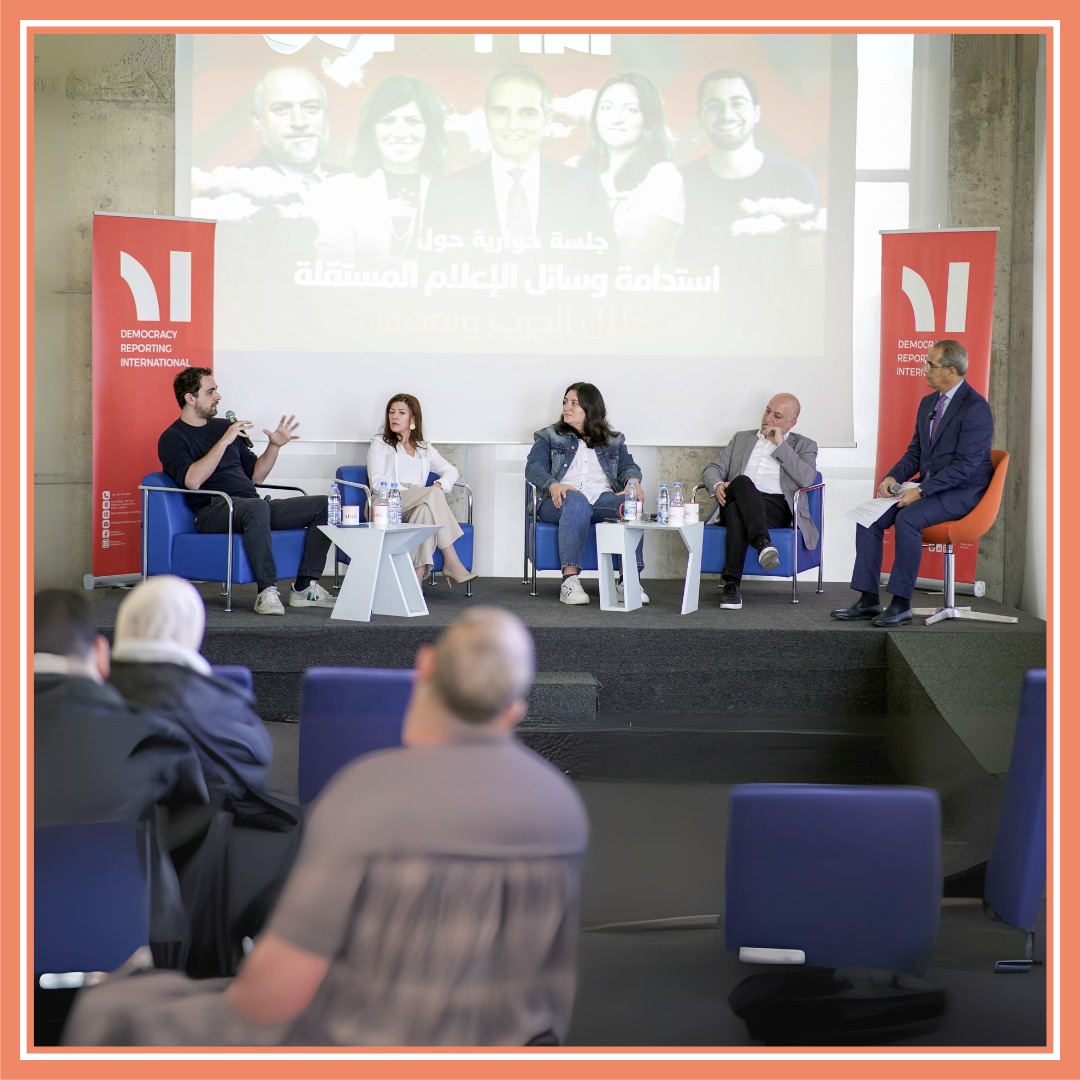
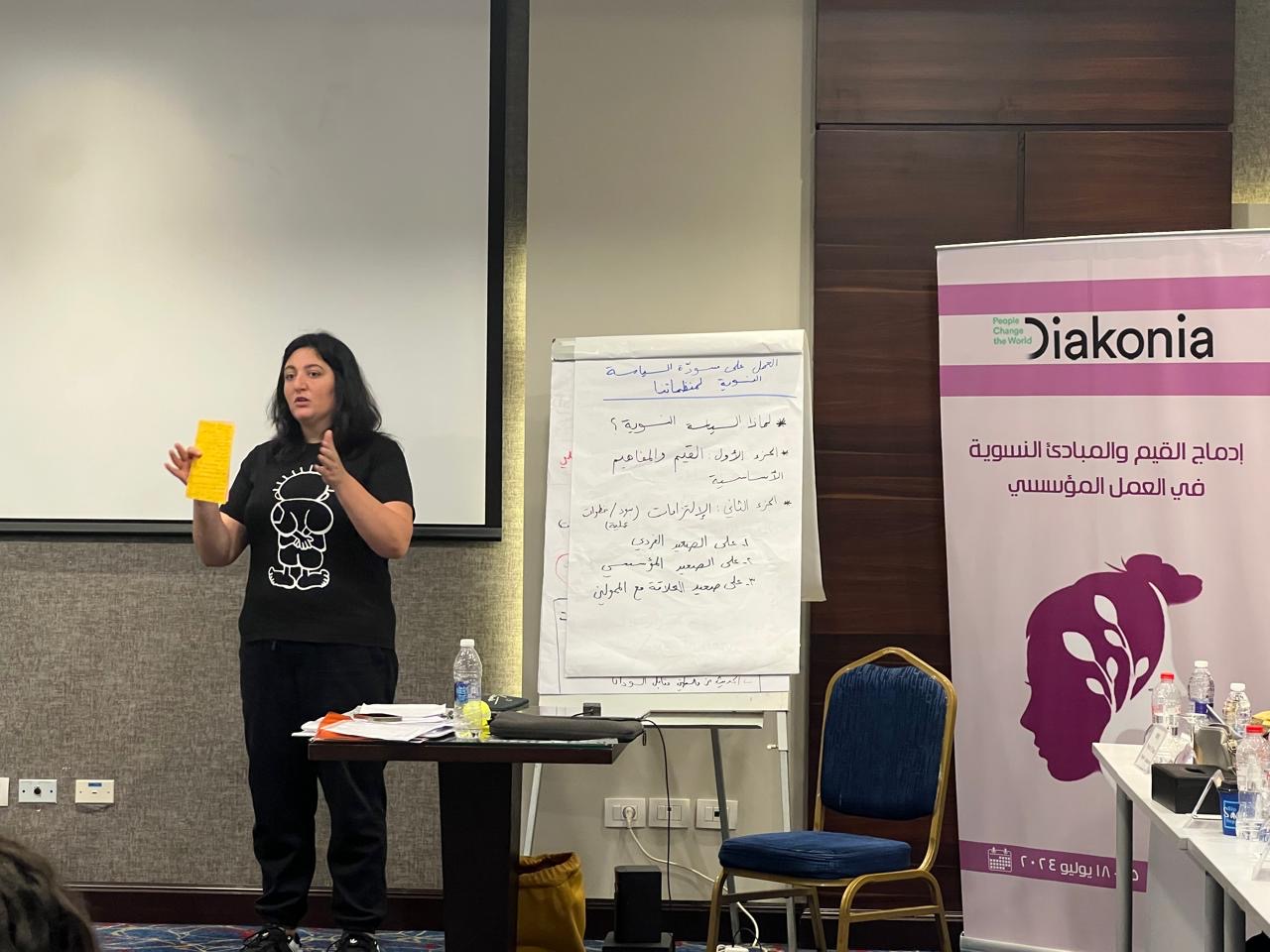
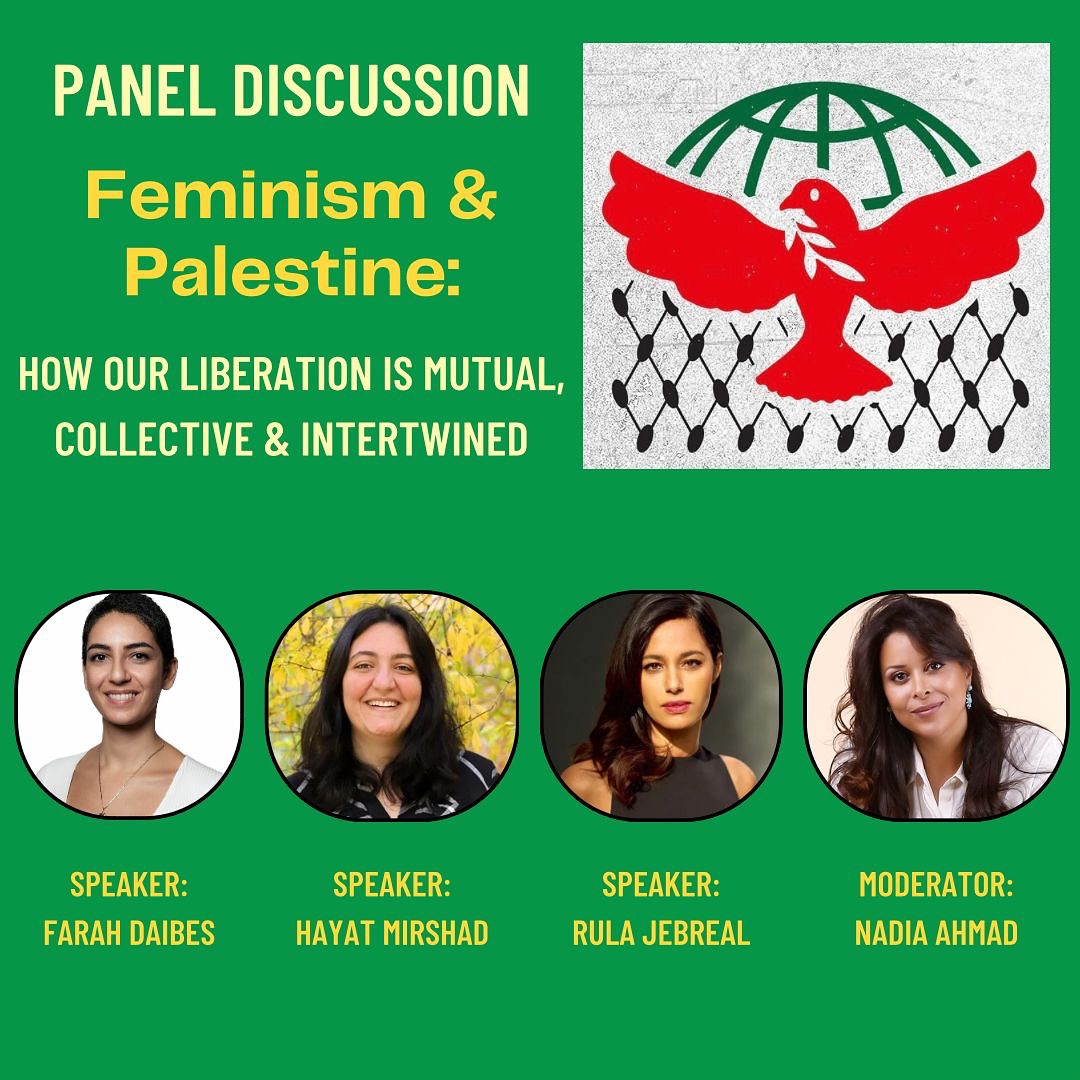

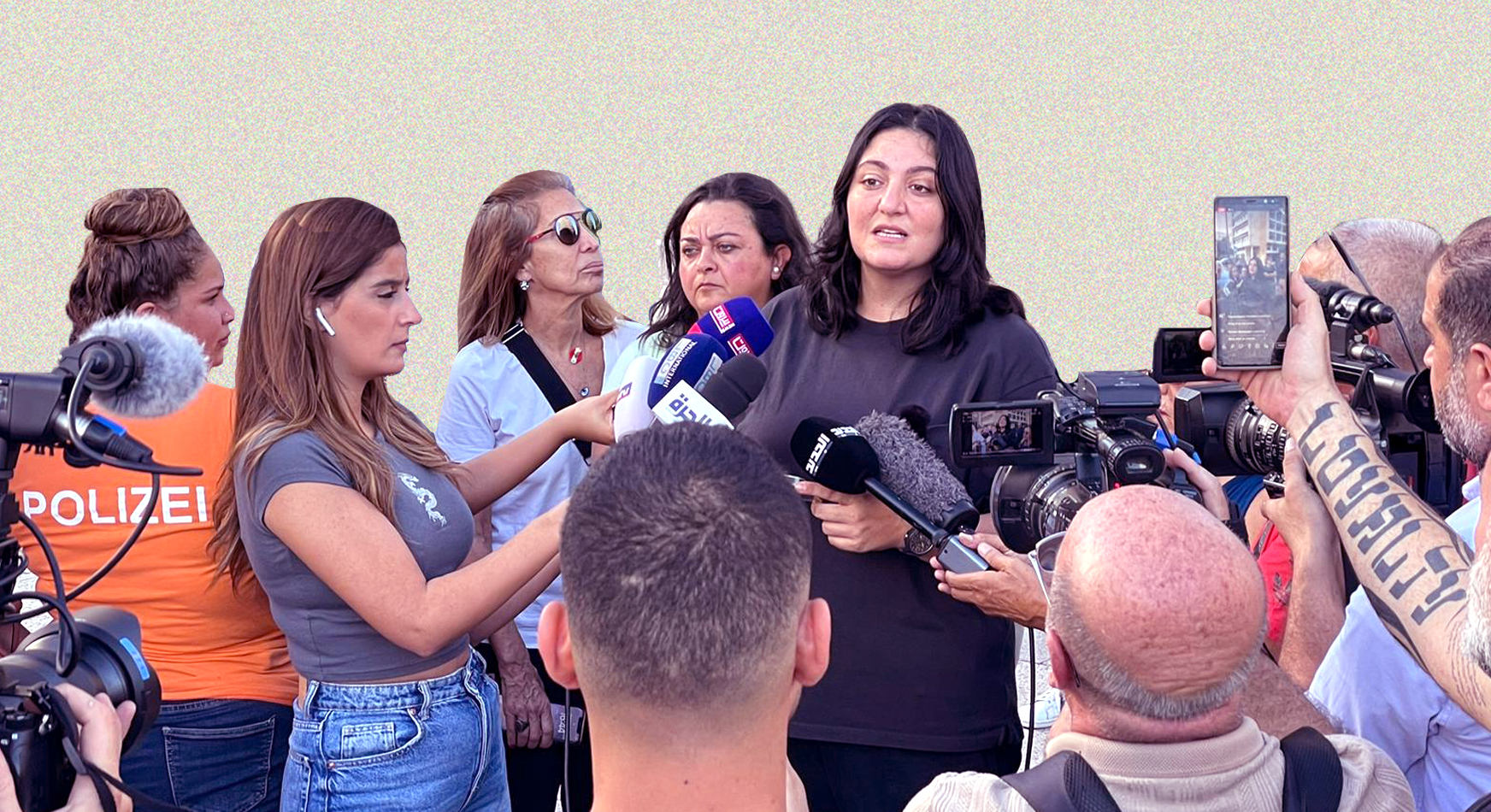
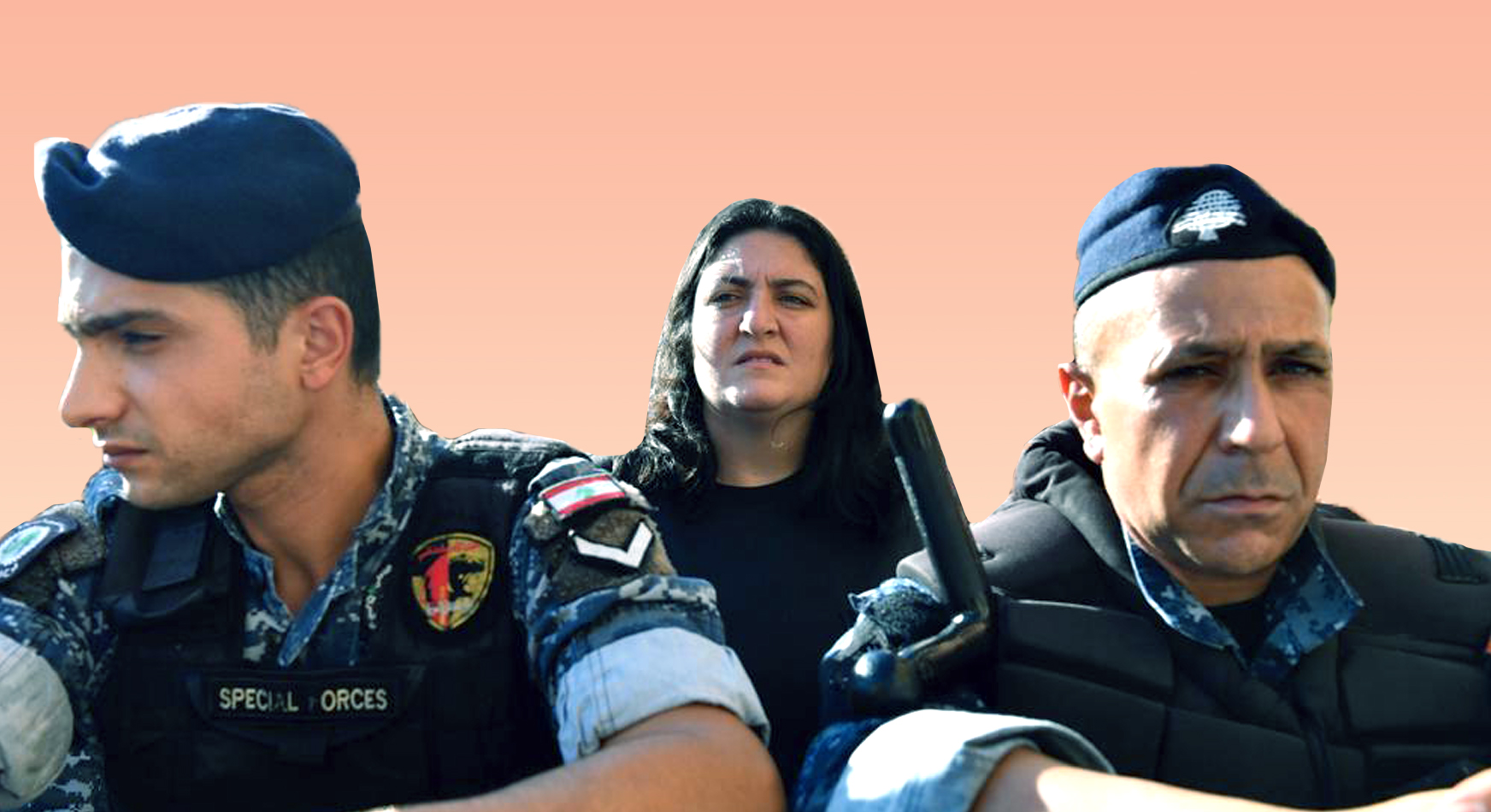
Leave A Comment